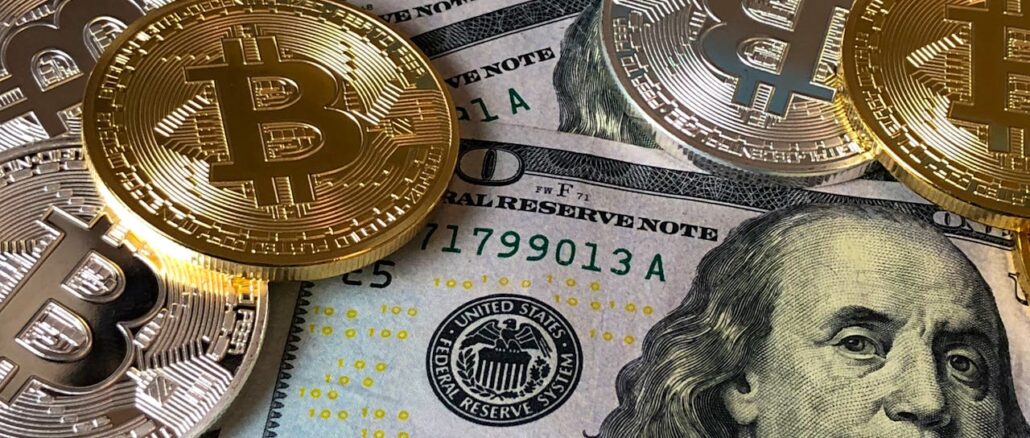
In today’s retail environment, transparency is no longer a luxury—it’s a demand. Consumers increasingly want to know where their products come from, how they’re made, and whether ethical practices were followed in the supply chain. Unfortunately, traditional methods of tracking product origins are fragmented, opaque, and vulnerable to manipulation. Education firms are now exploring how blockchain technology can address these issues, offering an immutable, decentralized system to verify the authenticity and origins of products from source to shelf.
The Trust Problem in Modern Retail
Retail supply chains often span multiple countries and involve numerous stakeholders—from raw material suppliers to manufacturers, distributors, and retailers. Each handoff introduces the potential for mislabeling, fraud, or unethical practices. Whether it’s counterfeit designer goods, mislabeled organic produce, or falsely advertised “sustainable” fashion, the lack of verifiable data erodes consumer trust.Brands spend heavily on certifications and audits, yet these paper-based systems can still be forged or selectively reported. Meanwhile, consumers are left relying on labels or marketing claims, with little way to confirm if what they’re buying aligns with their values and expectations.
Blockchain Brings Traceability and Accountability
Blockchain offers a transformative solution to these trust gaps. At its core, blockchain is a decentralized digital ledger that records transactions in a secure and immutable way. Applied to retail, it can track every step a product takes—from the sourcing of raw materials to final delivery—ensuring that each record is tamper-proof and time-stamped.When a product is created, data can be entered at every stage of its journey. For example, a coffee producer might record when and where beans are harvested, the method of processing, and the shipment date. These entries are then linked in a blockchain ledger, creating a transparent and permanent history that retailers and consumers can access in real time.This approach not only verifies authenticity but also enables deeper insights into the product’s journey, such as carbon footprint, fair labor practices, or local sourcing—enhancing both regulatory compliance and brand credibility.
Empowering Ethical and Informed Consumption
Consumers are more environmentally and socially conscious than ever. They want to support brands that align with their values, and blockchain gives them the tools to make informed decisions.Through QR codes or NFC tags, shoppers can scan a product on the shelf and instantly access a blockchain-based record of its origin. Whether it’s confirming that seafood was sustainably caught, diamonds were conflict-free, or fashion items were produced in certified factories, the ability to verify claims builds trust and loyalty.For brands, this transparency becomes a competitive advantage. Companies that invest in blockchain traceability can differentiate themselves in a crowded market by showcasing their commitment to ethical practices, sustainability, and quality assurance.
Industry Adoption and Case Studies
Several global retailers and consumer goods companies are already leveraging blockchain to enhance traceability. Walmart, for instance, has implemented a blockchain-based food traceability system that can pinpoint the origin of fresh produce within seconds. This system not only improves food safety and recall response but also provides customers with clear information about the source of their food.Luxury fashion brands like LVMH have launched initiatives using blockchain to authenticate high-end goods, combat counterfeiting, and ensure ethical sourcing of materials like leather and gemstones. Similarly, beverage producers like AB InBev are using blockchain to trace the journey of barley from farms to breweries, providing full visibility into the supply chain.These examples illustrate how blockchain is not just a theoretical solution—it’s a practical tool already enhancing operations and transparency across diverse retail sectors.
Addressing Challenges to Widespread Adoption
Despite its potential, implementing blockchain in retail supply chains is not without challenges. For one, ensuring data accuracy at the point of entry is crucial—if false information is recorded initially, the blockchain will simply preserve that inaccuracy. This highlights the need for robust verification mechanisms and trusted partners throughout the supply chain.There are also costs and technical hurdles to consider. Small retailers or suppliers in developing regions may lack the resources to adopt blockchain platforms or digitize their operations. However, as the technology matures, more user-friendly and scalable solutions are emerging, making integration increasingly feasible for businesses of all sizes.Interoperability between blockchain networks is another consideration. For blockchain to reach its full potential in retail, standards must be developed to allow data sharing across different platforms and stakeholders.
The Future of Transparent Retail
As blockchain adoption grows, the retail landscape is set to become more transparent, accountable, and consumer-centric. Verifying product origins through blockchain not only combats fraud but also fosters ethical consumption, enhances brand trust, and strengthens the entire supply chain. Retailers that embrace this innovation early stand to gain a significant edge, not just in compliance and efficiency but in customer loyalty and brand integrity. In a market where trust is currency, blockchain offers the infrastructure to prove it.

